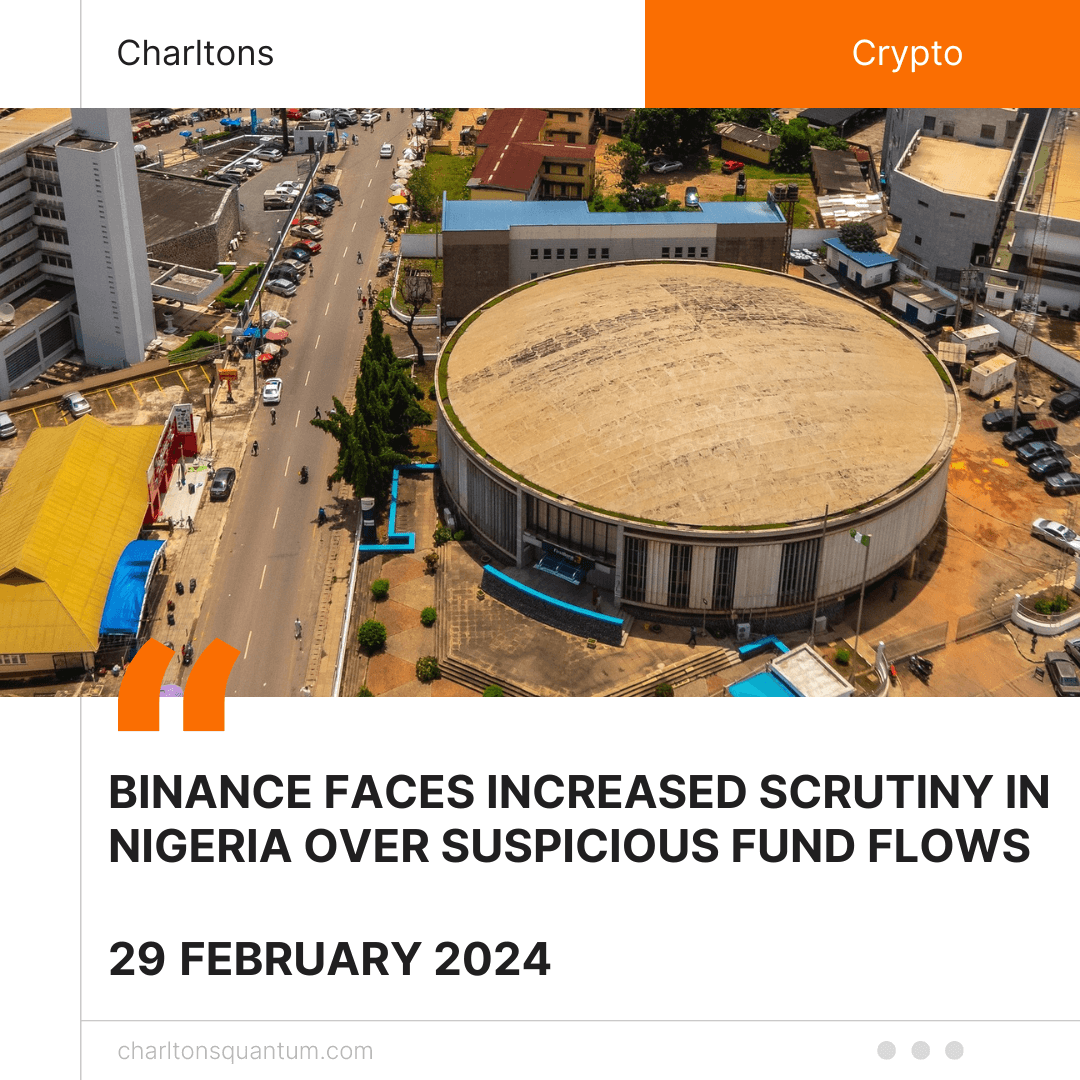
Binance, the popular cryptocurrency exchange, is under heightened scrutiny in Nigeria following reports of “suspicious flows” of funds through Binance Nigeria in 2023. The Governor of the Central Bank of Nigeria (CBN), Olayemi Cardoso, expressed concerns about illicit activities and undisclosed sources of funds passing through Binance Nigeria, amounting to $26 billion in the past year alone. This has prompted various government agencies, including the Securities and Exchange Commission, the Economic and Financial Crimes Commission, and the National Security Adviser’s office, to collaborate on investigations into these suspicious transactions.
The situation escalated further when reports emerged that the office of the National Security Adviser detained and confiscated the passports of two Binance executives, who are citizens of the United States and the United Kingdom, in the capital city of Abuja. These actions come after internet access to Binance and several other cryptocurrency exchanges was blocked in Nigeria on February 21, following allegations of currency manipulation by presidential adviser Bayo Onanuga. Binance had already imposed restrictions on trading with the Tether (USDT) stablecoin in Nigeria on February 20 to comply with regulatory requirements. The continued crackdown on cryptocurrency exchanges coincided with the Nigerian naira hitting an all-time low against the U.S. dollar.
This development reflects Nigeria’s evolving regulatory stance towards cryptocurrencies. While the CBN lifted a two-year ban on banks engaging in crypto transactions in December, it simultaneously issued guidelines for regulating virtual asset service providers. Additionally, Nigeria was the second country to launch a central bank digital currency in 2022, with the introduction of the naira-pegged cNGN stablecoin in a CBN regulator sandbox. Binance, however, has yet to respond to requests for comment on the situation in Nigeria.





